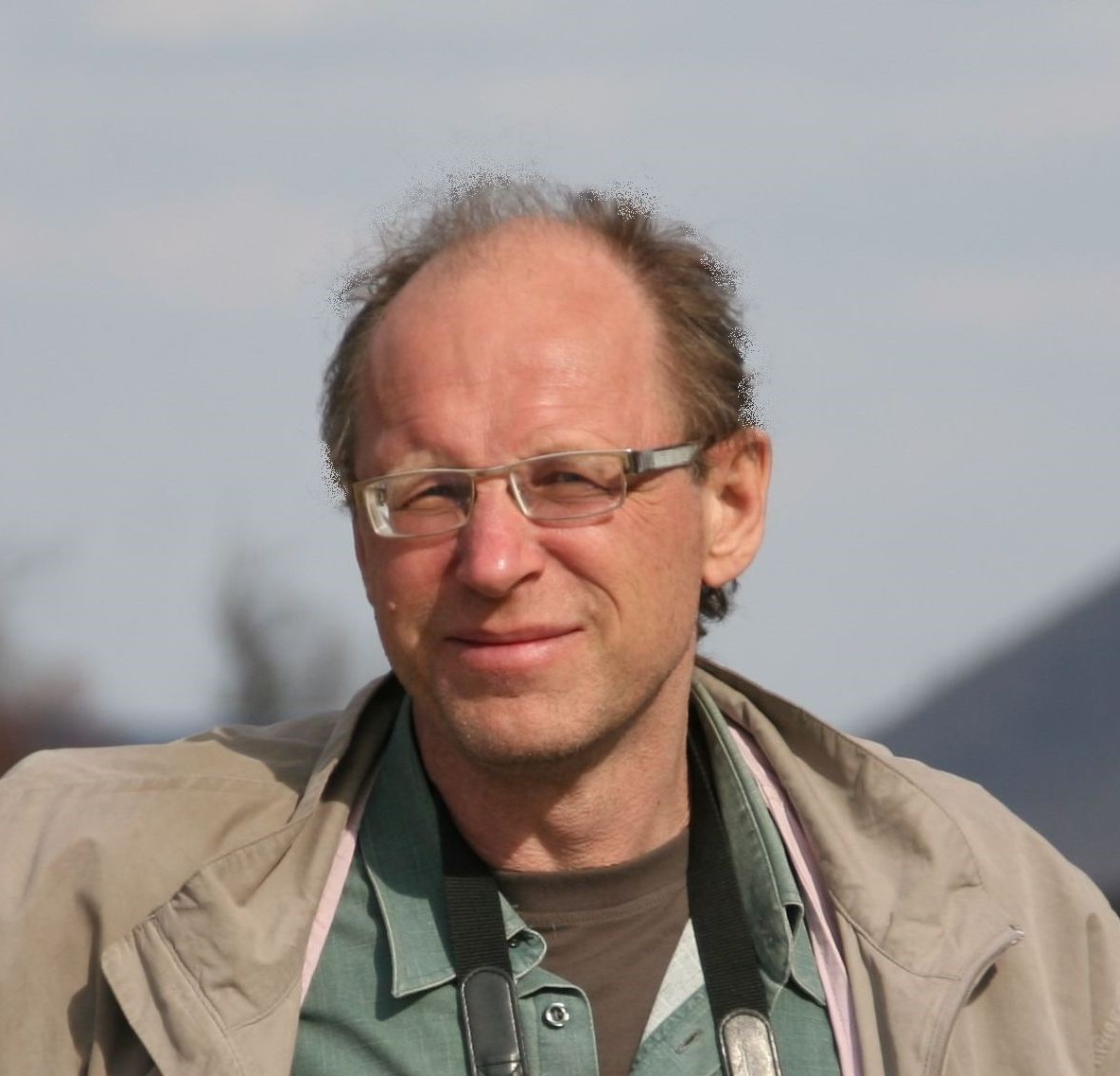The main object of the research reflected in the article is Japanese religious buildings in the North-East of China during the first half of the 20th century. During the first three decades of the 20th century, Buddhist and Shinto temples provided for the religious needs of the Japanese diaspora. An important function of these temples was also the veneration of the souls of Japanese soldiers who had died during the conquest of China. After Manchuria was captured by Japan in 1932, Japanese Buddhism, especially Shinto, expanded its functions in the North-East of China. Buddhist and Shinto religious buildings became a means of profoundly transforming the cultural and ethnic-religious consciousness of local populations in the direction of creating an inferiority complex and sense of dependence on Japan. Around 1940, the Kwantung Army command began pursuing a religious policy to turn Shinto into Manchukuo's state religion. The special function of Shinto temples was to root the cult of Amaterasu and her “divine descendants” – the Japanese emperors – among the local population. The cult of Amaterasu in Manchukuo acted as a colonial ideology that asserted the superiority of the Japanese and the Japanese Empire. Shinto religious buildings and rituals acted as one of the most important instruments of religious expansion.
Key words: Shintoism, Buddhism, Japanese religious buildings, cultural expansion, religious expansion, Manchuria, Northeast China, religious landscape
DOI: 10.22250/2072-8662-2024-3-62-78
About the authors
 |
Andrey P. Zabiyako – DSc (Philosophy), Full Professor, Head of the Department of Religious Studies and History, Amur State University; 21 Ignatievskoe Shosse, build 7, of. 107, Blagoveschensk, 675027, Russia; This email address is being protected from spambots. You need JavaScript enabled to view it. |
 |
Wang Yuqi – PhD student at the Department of Literature and World Art, Amur State University; build. 7, 21 Ignatievskoe Shosse, Blagoveschensk, 675027, Russia; |






